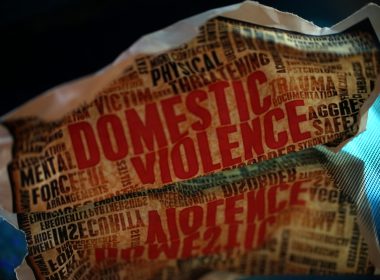Snapshot
- Statistics of intimate partner violence and a growing number of tragedies have led to calls for change to the laws around domestic violence.
- Criminalisation of coercive control takes offending beyond the narrow scope of violence linked to physical acts alone and is the next step in taking action against domestic violence.
- New South Wales will be the second Australian state to criminalise coercive control. The laws are set to come into force by 1 July 2024.
The Crimes Legislation Amendment (Coercive Control) Act 2022 (NSW) (the ‘Act’) makes coercive control illegal in New South Wales (‘NSW’), with a maximum penalty of seven years imprisonment. The Act is the product of a shift in jurisprudence and social understanding of domestic violence. Pioneering examples of similar legislation are to be found in Scotland, England and Ireland. Within Australia, only Tasmania has enacted legislation which criminalises economic and emotional abuse in the Family Violence Act 2004 (Tas). The NSW laws are set to come into force by 1 July 2024.
Why criminalise?
As quoted by the then Attorney General Mark Speakman in the first reading speech of the proposed bill, the NSW Domestic Violence Death Review presented data from 112 intimate partner homicides in NSW between March 2009 and June 2016. The data recorded the death of 93 women and 19 men. The review indicated that in all but one of the 112 cases in the dataset, ‘the relationship between the domestic violence victim and the domestic violence abuser was characterised by the abuser’s use of coercive and controlling behaviours’. (NSW Domestic Violence Death Review Team 2017-2019, p154)




